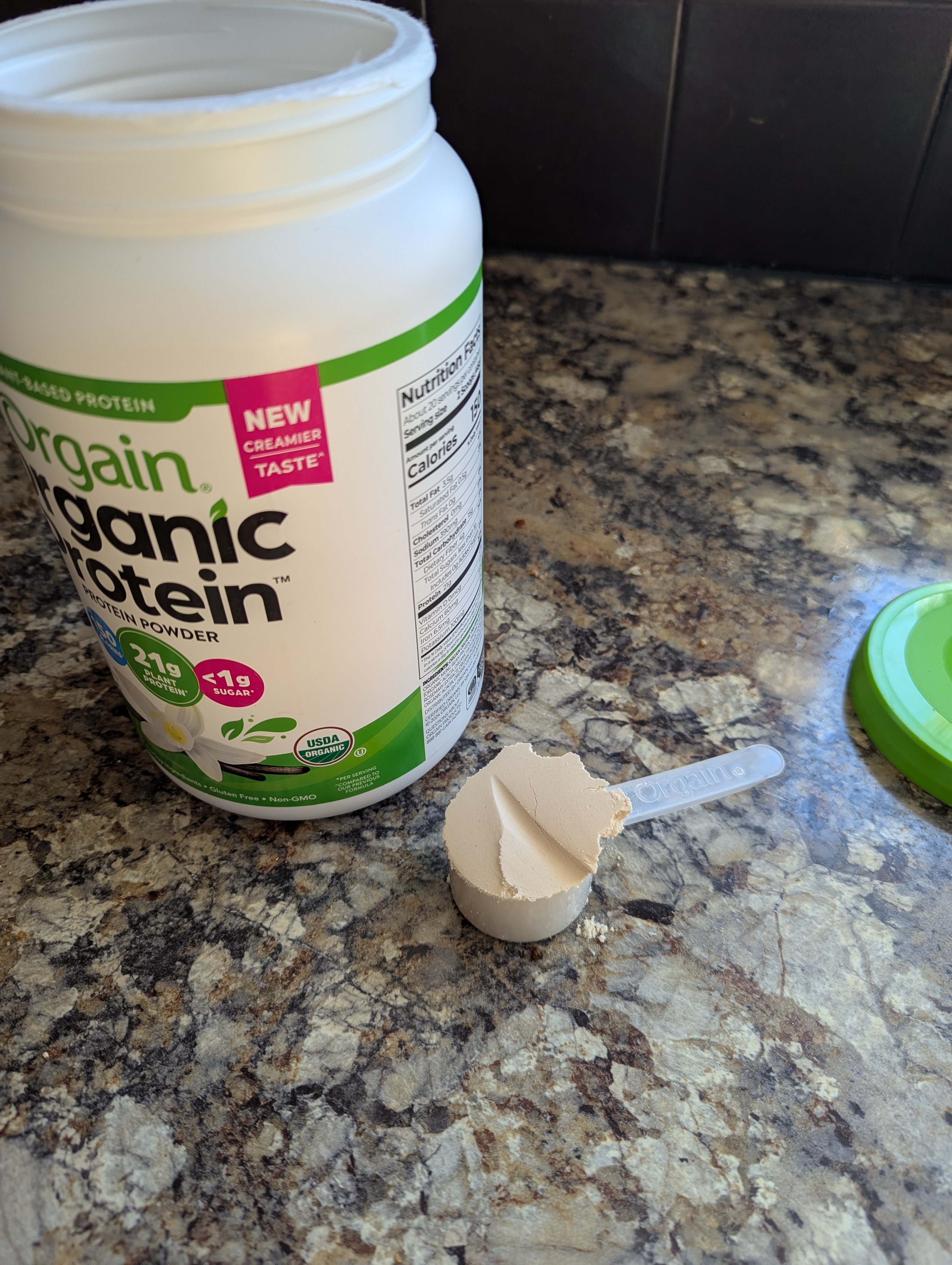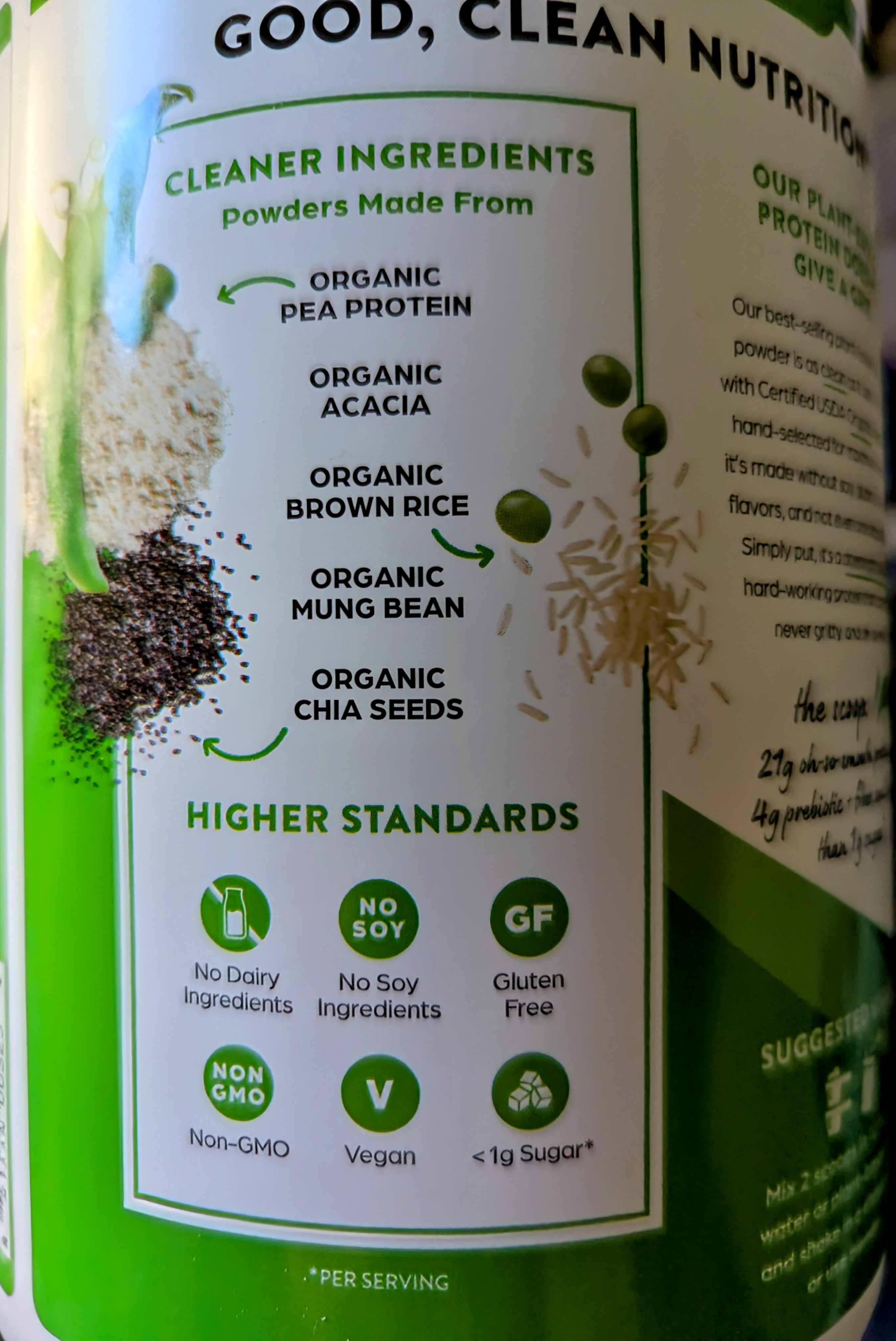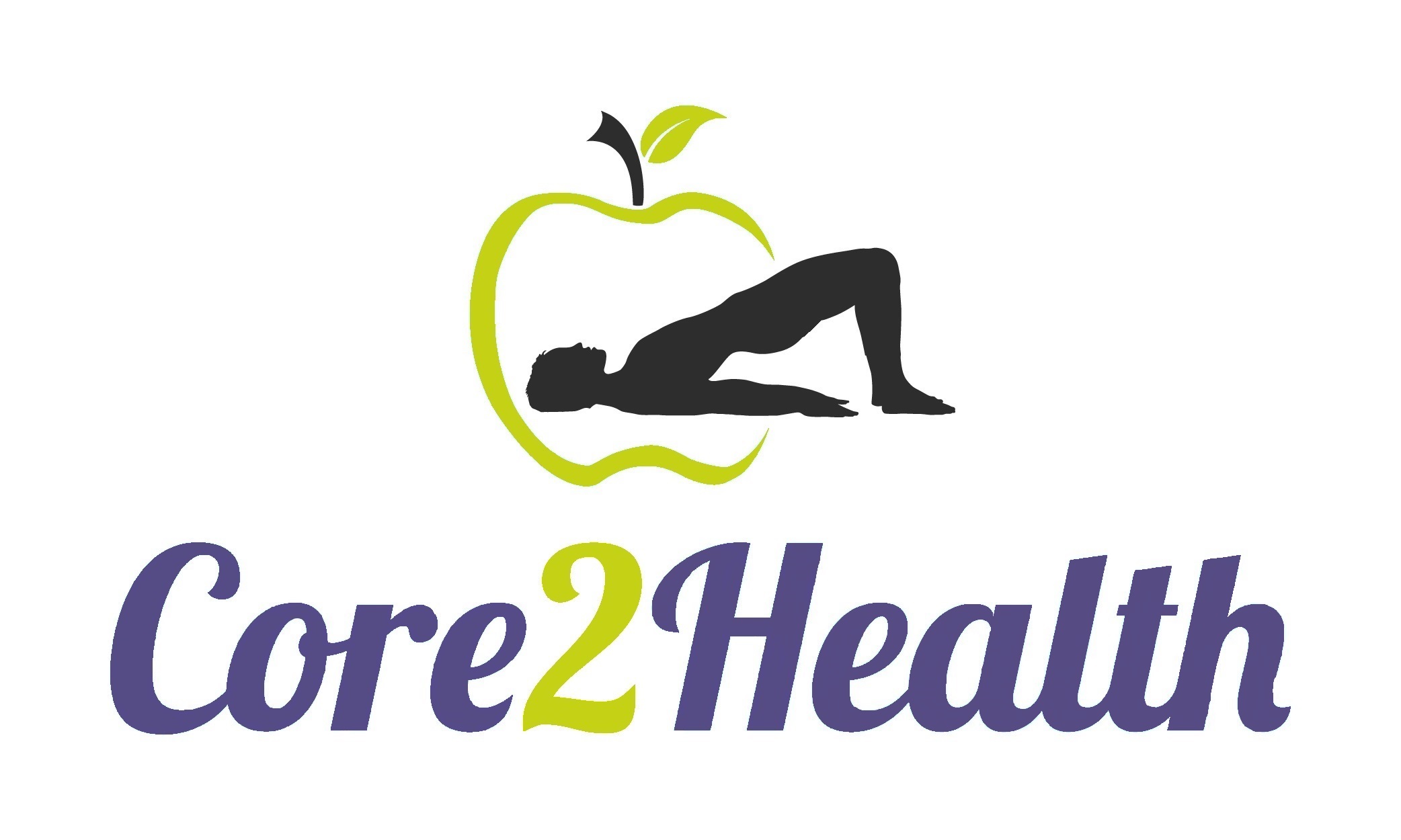Your Ultimate Guide to Protein Powder

In this ultimate guide to protein powder, we are going to explore the dynamic world of protein powder, an essential component in modern diet plans and athletic regimes. Protein powders are not just a passing trend; they are transformative tools that can upgrade your lifestyle and help achieve your fitness goals. But how can you make the most of this "protein powder"? Let's dive in and uncover everything you need to know.
What is Protein Powder?
Protein powder is a convenient way to add pure protein to your diet, essential for muscle building, repairing tissues, and achieving a balanced nutritional intake. Made from various food sources, protein powders come in several forms, each suited to different dietary needs.
Types of Protein Powders

- Whey Protein: Derived from milk, whey protein is quickly absorbed, making it ideal for post-workout recovery. Its fast-digesting nature allows the body to rapidly utilize its nutrients, making it an excellent choice for immediate muscle repair after exercise. Additionally, it is rich in BCAAs (branched-chain amino acids), which play a crucial role in promoting muscle growth and recovery. This makes whey protein a favorite among athletes and bodybuilders seeking to enhance their performance and results.
- Casein Protein: Unlike whey, casein digests slowly, providing a steady amino acid release. This slow digestion rate makes casein the perfect protein choice for a night-time recovery boost, as it continuously feeds your muscles with nutrients while you sleep. By sustaining muscle protein synthesis during longer periods of inactivity, casein helps maintain muscle mass and prevents muscle breakdown.
- Soy Protein: A plant-based option, soy protein is a good choice for vegetarians and vegans. It contains all essential amino acids, making it a complete protein that supports muscle repair and building. Rich in nutrients, soy protein is also linked to various health benefits, including lowering cholesterol levels and improving heart health. Its versatility and nutritional profile make it a valuable addition to plant-based diets.
- Pea Protein: Also plant-based, pea protein is hypoallergenic and easily digestible, making it a great option for those with dietary sensitivities. It is an excellent source for individuals avoiding dairy and soy, providing a quality protein alternative that supports muscle growth and repair. Pea protein is often favored for its high digestibility and rich nutrient content, offering a comprehensive protein solution for diverse dietary needs.
- Hemp Protein: Derived from marijuana seeds, hemp protein offers omega-3 and omega-6 fatty acids, beneficial for heart health. Its balanced fatty acid profile contributes to improved cardiovascular function and overall well-being. Hemp protein is also rich in fiber and essential amino acids, making it a highly nutritious option for those looking to enhance their diet with a plant-based protein source.
🌟 Discover the Power of Orgain Protein Powder! 🌟 **purchases through this link will earn a small commission at no additional cost to you.
Looking to fuel your body with clean, delicious, and nutritious protein? Look no further than Orgain Protein Powder! Whether you're an athlete, a busy professional, or simply someone striving for a healthier lifestyle, Orgain has you covered.
✅ Pure & Clean Ingredients: Orgain Protein Powder is crafted with high-quality, organic ingredients, free from artificial flavors, colors, and preservatives. It's a clean choice you can feel good about.
💪 Plant-Based Goodness: Packed with plant-based protein, Orgain is perfect for vegans and those looking to reduce their animal product intake without compromising on nutrition.
🌱 Versatile & Delicious: Whether you're blending it into smoothies, baking it into your favorite recipes, or simply shaking it up with water or milk, Orgain Protein Powder offers a smooth and satisfying taste.
🌟 Nutrient-Rich Formula: With a balanced blend of protein, fiber, and essential nutrients, Orgain supports muscle recovery, boosts energy, and keeps you feeling full longer.
Join the countless others who have made the switch to Orgain Protein Powder and experience the difference for yourself. Fuel your body the right way and take a step towards a healthier, more vibrant you!
👉 Try Orgain Protein Powder today and unleash your potential!
The Benefits of Protein Powder
Embracing protein powder brings numerous benefits, particularly for active individuals and those looking to meet their protein intake efficiently. Here are some key advantages:
- Muscle Growth: Protein supplements play an essential role in muscle growth by supporting muscle hypertrophy and enhancing strength. After workouts, your muscles require a replenishment of amino acids to repair and build new muscle fibers effectively. Consuming protein supplements post-exercise ensures that your body has a readily available supply of these building blocks, facilitating faster recovery, reducing muscle soreness, and optimizing overall performance.
- Weight Management: A high protein intake is beneficial for weight management as it helps in boosting your metabolism and regulating your appetite. When your metabolism is elevated, your body burns calories more efficiently, even at rest. Additionally, protein increases feelings of fullness, helping to control hunger pangs and reduce unnecessary snacking. This combination of enhanced metabolism and increased satiety makes protein intake a strategic approach to achieving sustainable weight loss.
- Convenience: The convenience of protein powders cannot be overstated, especially for those with busy lives. These supplements are a quick and easy way to boost your protein intake without the need for elaborate meal prep. With just a shake or a smoothie, you can have a nutritious meal replacement or snack, making it much simpler to maintain your dietary goals whether you're at work, traveling, or right after a gym session.
- Nutritional Balance: Protein powders help maintain nutritional balance, particularly beneficial for vegetarians and vegans who might find it difficult to consume enough complete proteins through diet alone. These supplements are crafted to deliver all the essential amino acids your body needs to function optimally. By incorporating them into your diet, you can effectively fill nutritional gaps, ensuring that your body gets the nutrients required for energy, repair, and overall health.
Potential Downfalls of Protein Powder
While protein powder holds numerous benefits, it's important to be mindful of potential downsides:

- Digestive Issues: Some people may experience digestive discomfort when starting protein supplements. It's crucial to choose a product that agrees with your system.
- Additives & Sweeteners: Some protein powders contain added sugars and artificial ingredients. Checking labels for additives is necessary to ensure your choice aligns with your health goals.
Over-consumption: Too much protein can lead to kidney strain, dehydration, and other health issues. Balance is key.
When to Use Protein Powders
Protein powders are not reserved just for bodybuilders or athletes. They are beneficial in various scenarios:
- Post-Workout: To aid in muscle recovery within the golden hour after exercising.
- Meal Replacements: When time is scarce, use as a quick meal replacement shake.
- Dietary Supplement: For those unable to meet daily protein needs through food alone.
Moreover, protein powder is quite versatile and can be used creatively in the kitchen. Can protein powder be used for baking? Absolutely! Many fitness enthusiasts creatively incorporate protein powder into baking, enhancing the protein content of snacks and meals. By adding it to recipes for pancakes, muffins, or even homemade protein bars, you can turn your favorite treats into nutrient-dense, protein-rich options. This approach not only diversifies your protein sources but also makes it enjoyable to adhere to a high-protein diet, promoting health and wellness in delicious ways.
Selecting the Right Protein Powder
With a myriad of options, selecting the right protein powder can seem daunting. Here are tips to guide your selection:
- Dietary Restrictions: Consider allergies and personal dietary choices (e.g., vegan, lactose-free).
- Goals: Align your choice with fitness goals (muscle gain, weight loss, endurance).
- Ingredient Quality: Choose powders with minimal additives and organic ingredients where possible.
Who Should Avoid Protein Powder?
While protein powders can be a valuable tool for enhancing dietary intake and meeting fitness goals, they are not universally suitable for all individuals. People with specific medical conditions, particularly those affecting the kidneys, such as renal impairments, need to exercise caution. The kidneys play a crucial role in filtering out waste from metabolizing proteins; therefore, excessive protein intake can impose a significant strain on them. This is why it's essential for individuals with compromised kidney function to consult a healthcare provider before incorporating protein supplements into their routine. Additionally, those with allergies to certain ingredients or sensitivities should also carefully review product labels to avoid adverse reactions. Consulting with a nutritionist or a healthcare professional can provide personalized advice, ensuring that incorporating protein powders does not negatively impact one's health.
Ultimate Guide to Protein Powder: Elevate Your Health Journey with Mindful Nutrition
Incorporating protein powder into your wellness routine can lead to significant health benefits like improved muscle performance and better nutritional balance. However, it's essential to choose wisely and use protein powder as a supplement, not a primary food source. Whether you're an athlete or simply looking to improve your health, protein powder can be a worthy addition to your diet when used mindfully.
Embrace the protein revolution with Core2Health and elevate your wellness journey today!
Take the first step towards a healthier you with protein powder and unlock your potential by nourishing your body the right way. For more tips and guides, stay connected with Core2Health.
Connect with Us!
Stay inspired and informed by following us on social media. Get tips, motivation, and updates on all things Pilates, nutrition, and wellness. Join our community and take the next step towards a healthier, happier you!
